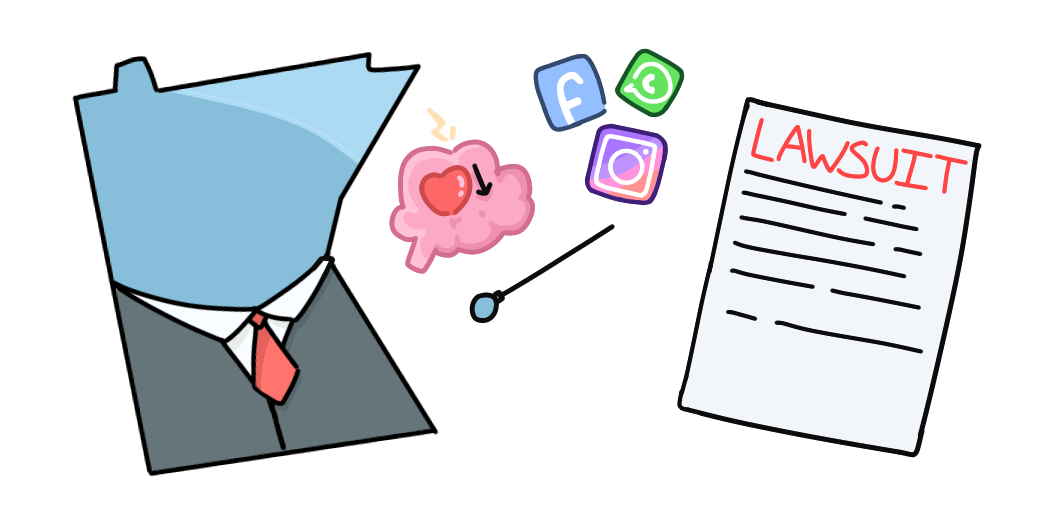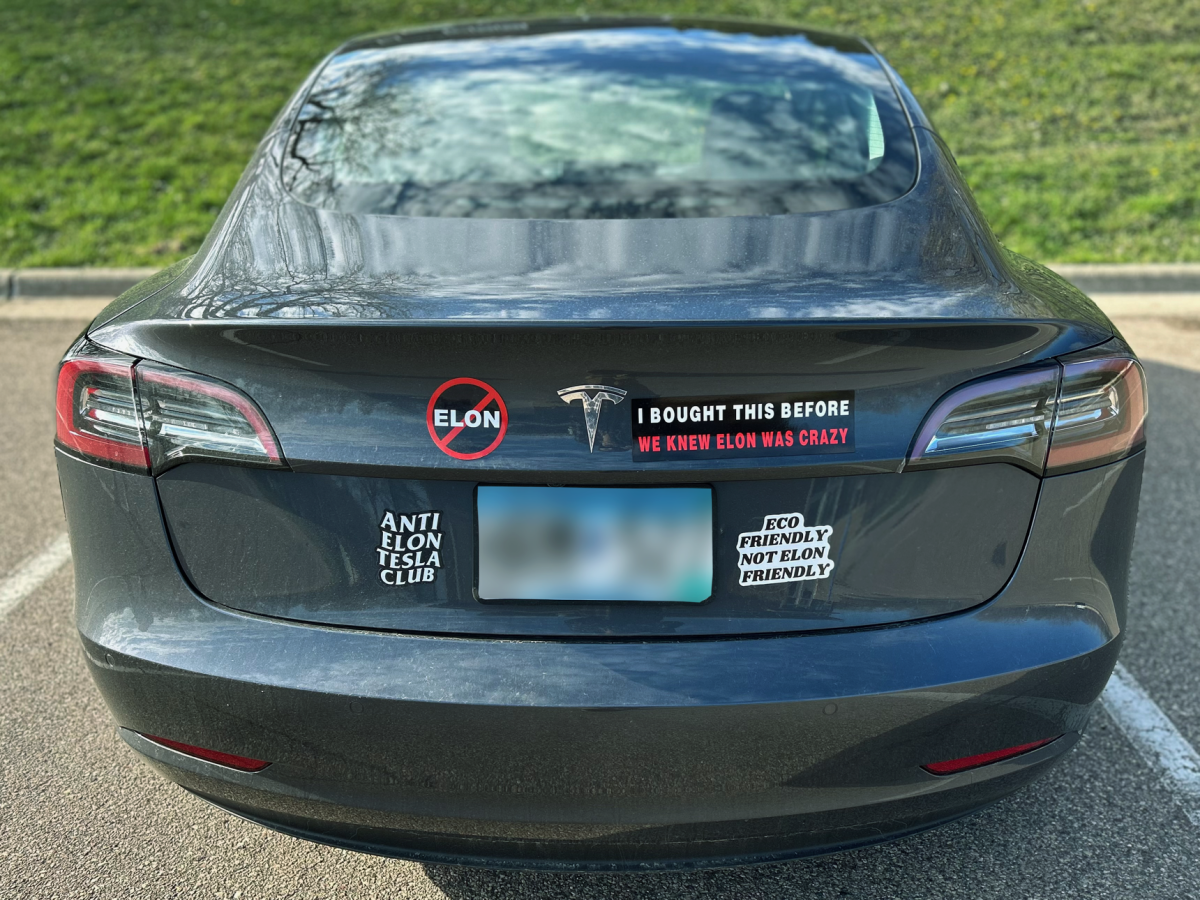On Oct. 24, Minnesota Attorney General Keith Ellison, in a coalition of 42 attorneys general, announced a lawsuit against Meta, Facebook’s parent company, over various concerns. “Meta built features onto their platforms that deliberately target and addict young people, causing serious harm in the process,” an X post by Ellison said.
The lawsuit alleges Meta violates the Children’s Online Privacy Protection Act (COPPA), a federal law instituted in 1998, by collecting data from children under 13. The federal complaint outlines the exploitation of users through four points: creating a business model that increases platform usage, utilizing manipulative tactics while misleading people about them, publishing misleading reports, and refusing to address any harm caused.
According to the complaint, an estimated 62% of teens in the United States use Instagram, one of Meta’s leading platforms. “Our prefrontal cortexes aren’t finished until we are 25 years old. That part of our brain handles important executive functions like impulse control, deciding whether to take a risk, and reactivity to things around you. Those are all things that play right into addiction,” Assistant Attorney General Bennett Hartz said. “These companies know that, and that’s part of the reason they try to get young people onto their platforms.”
Meta said it was “disappointed” in a statement. “Instead of working productively with companies across the industry to create clear, age-appropriate standards for the many apps teens use, the attorney generals have chosen this path,” Meta said.
The attorneys general requested that the court enter an injunction—an order restraining them from violating COPPA even further—with Meta, make orders to ensure compliance from Meta, and offer compensation to any affected by the company’s actions. Minnesota declared that Meta’s actions violated Minnesota law, and barred Meta and anyone involved with the company from engaging in conduct that violates these statutes.
“This lawsuit is going to bring more focus to the conversation about the effects of social media on the mental health of children,” AP Psychology teacher Eric Payne said. “It’s not a revolutionary idea that social media is highly addictive. But now it’s the question of how these companies are using it. Have they unethically been targeting minors? We’ll see.”
This piece was originally published in Zephyrus’ print edition on November 30, 2023.











